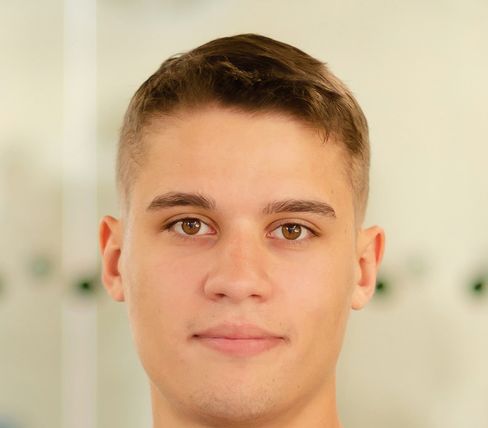554 reads
From Science to Soup: The Power of Transferable Skills
by
September 22nd, 2022
Audio Presented by

Design Director & Co-Founder at Humbleteam. Startup mentor at Seedcamp, Wework and other accelerators.
About Author
Design Director & Co-Founder at Humbleteam. Startup mentor at Seedcamp, Wework and other accelerators.
